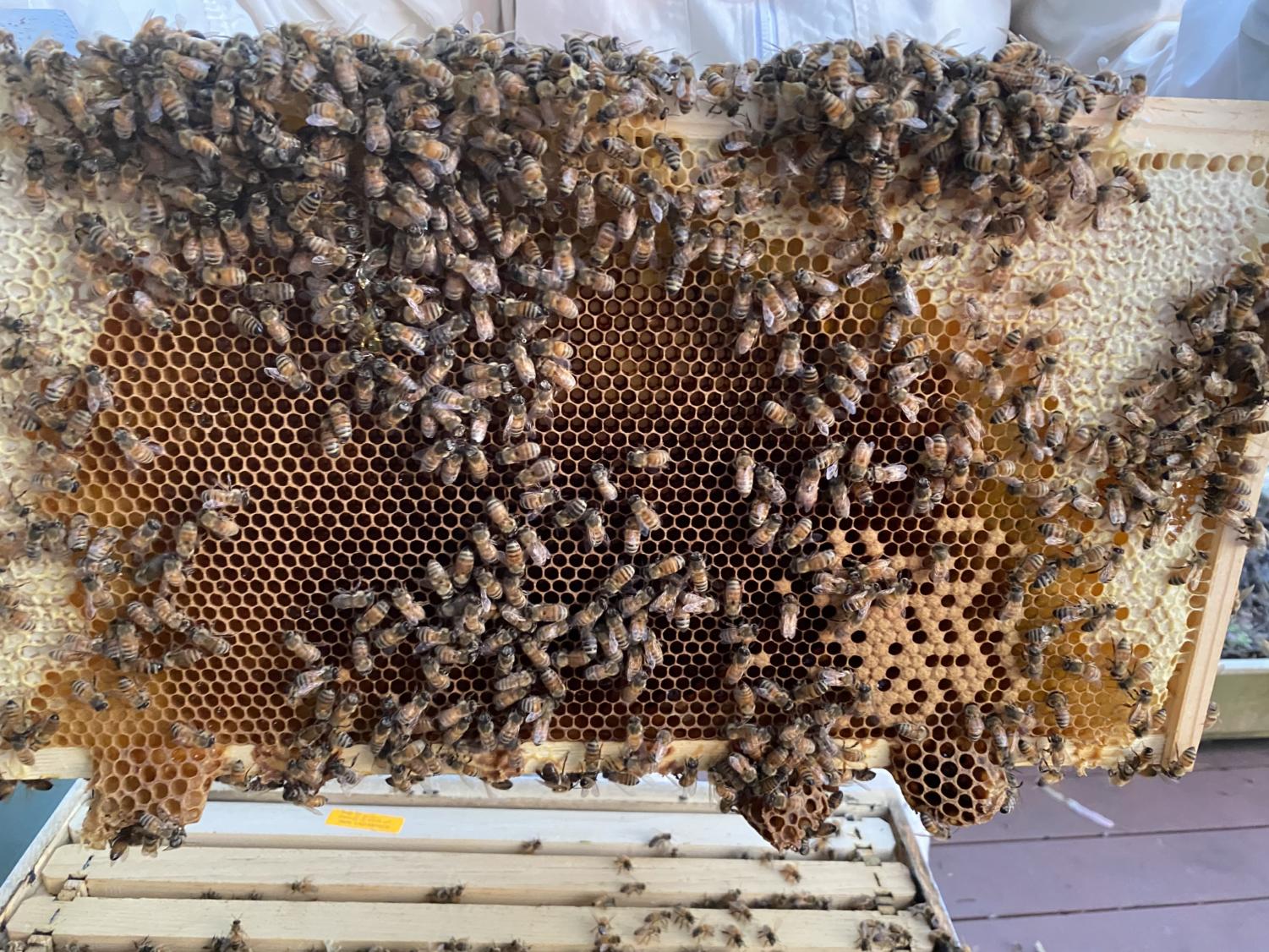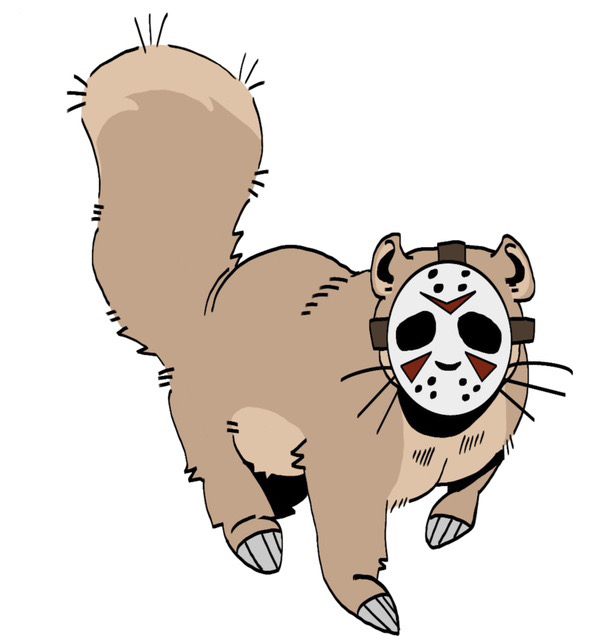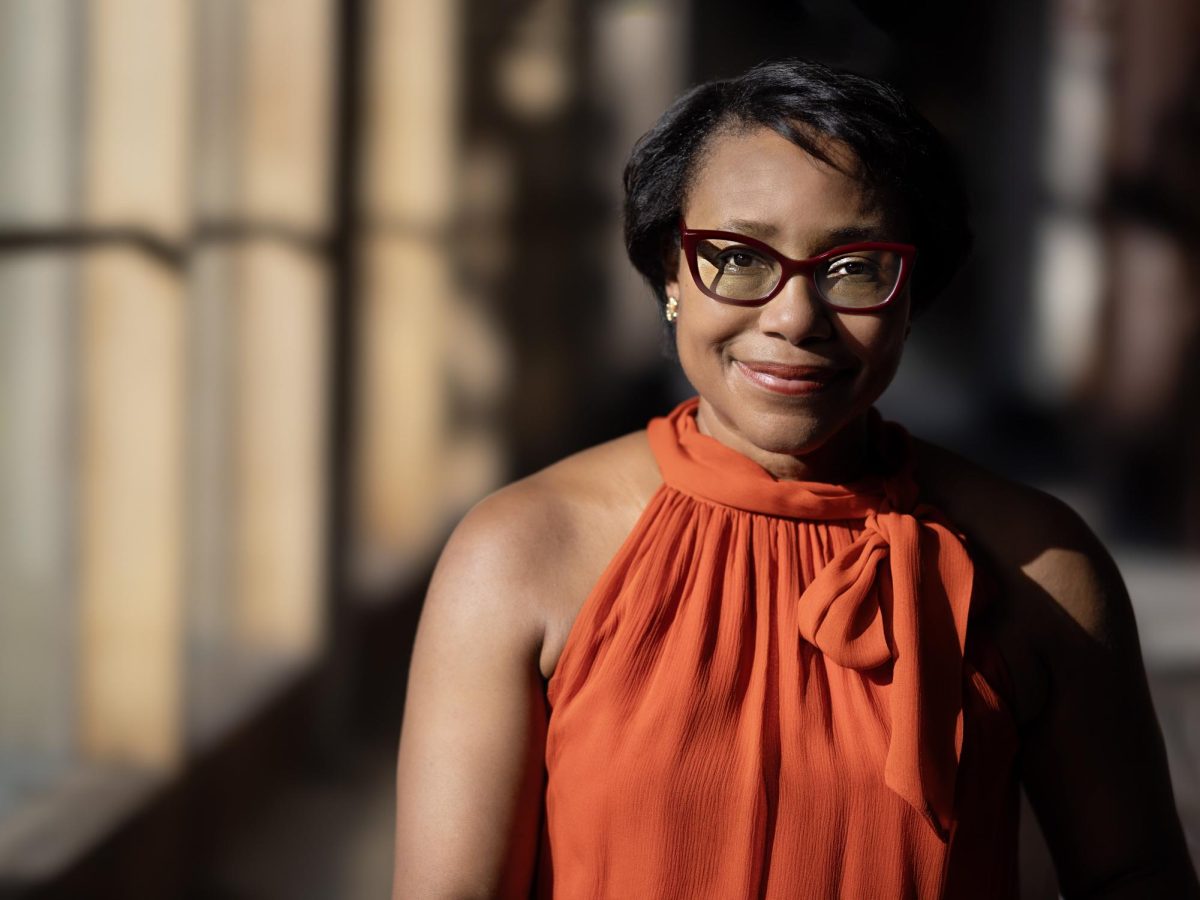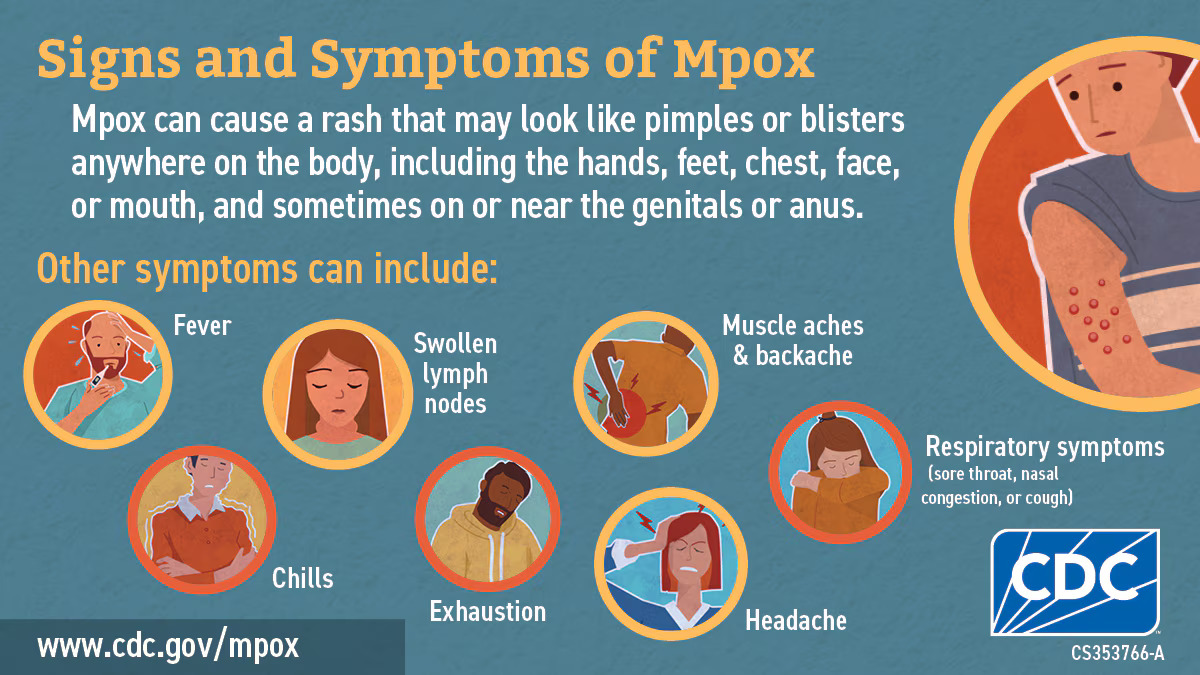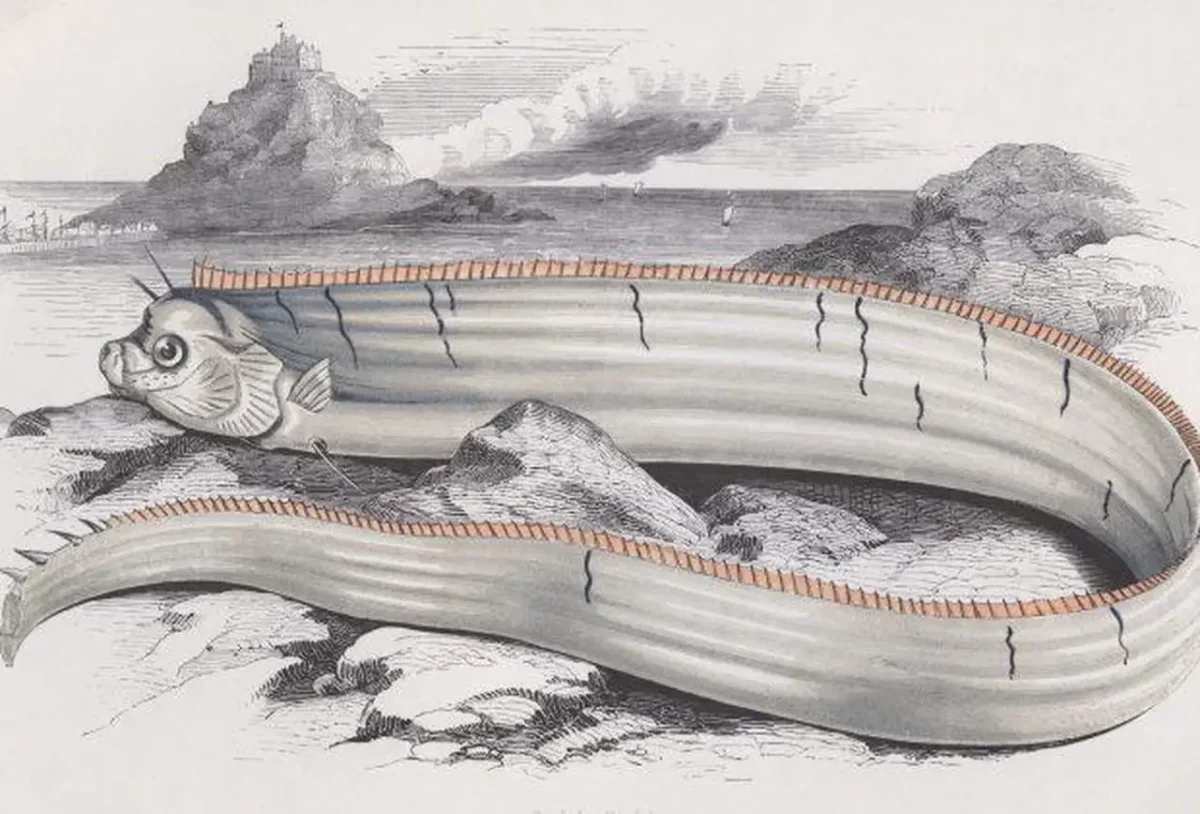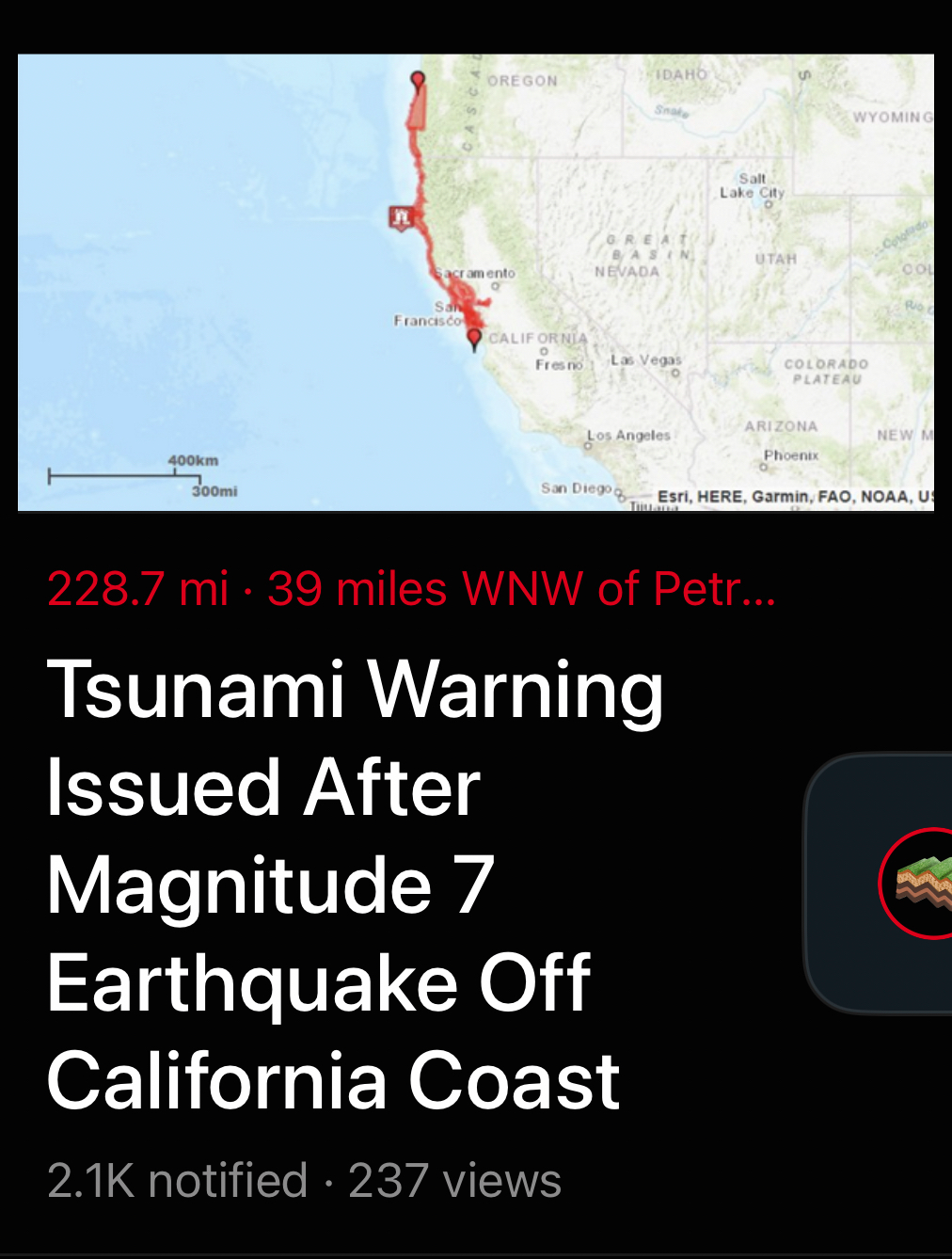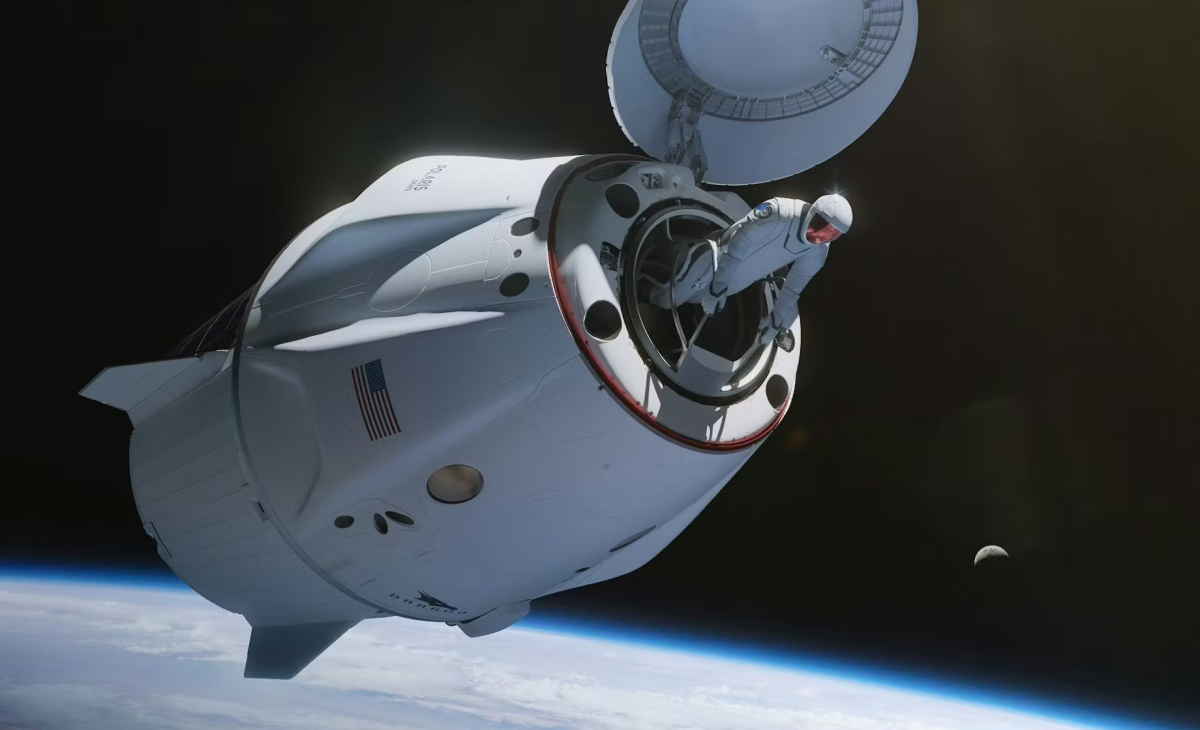On Jan. 7, the U.S. Department of Agriculture (USDA) approved the use of the world’s first honeybee vaccine, developed by the Dalan Animal Health biotech company, bringing hope to struggling bee populations.
The vaccine, applied to the food source of beehives, aims to protect honeybees from a bacterial disease known as American Foulbrood. Along with threats of climate change, pesticides, air pollution, and various diseases, American Foulbrood is decimating honeybee populations.
Edward McDonald ’23, a beekeeper, said, “If your hive gets infected with Foulbrood, you have to kill all the bees and burn the hive, so obviously, the vaccine will be very helpful as it will mean that we won’t have to burn hives that are vaccinated.”
The benefits of the vaccine show promise. However, as with most developed vaccines, there is no way of knowing for sure what the long-term effects will be worldwide.
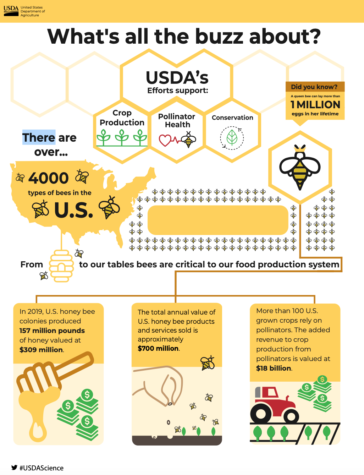
AP Environmental Science teacher Michael O’Brien supports the development of the vaccine, but urges scientists to be cautious, saying, “The question in my mind that is raised is if we are possibly creating an avenue for immunity or mutation and altering the genetic cycle of the bees rather than a lot of them to naturally do that, but I think the trade off is good.”
It is possible that this vaccine may negatively affect honeybees and their ecosystems, however some see the risk as worth the reward, as ignoring the population decline would be detrimental for humankind considering how important bees are to the environment.
“It’s a risk we have to take,” O’Brien said. “Better to protect these honeybees that are very important than to hold back and worry about the risk.”


